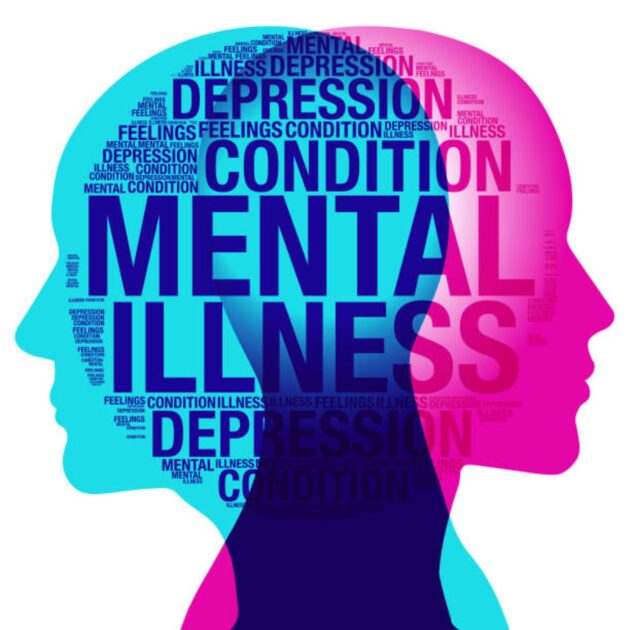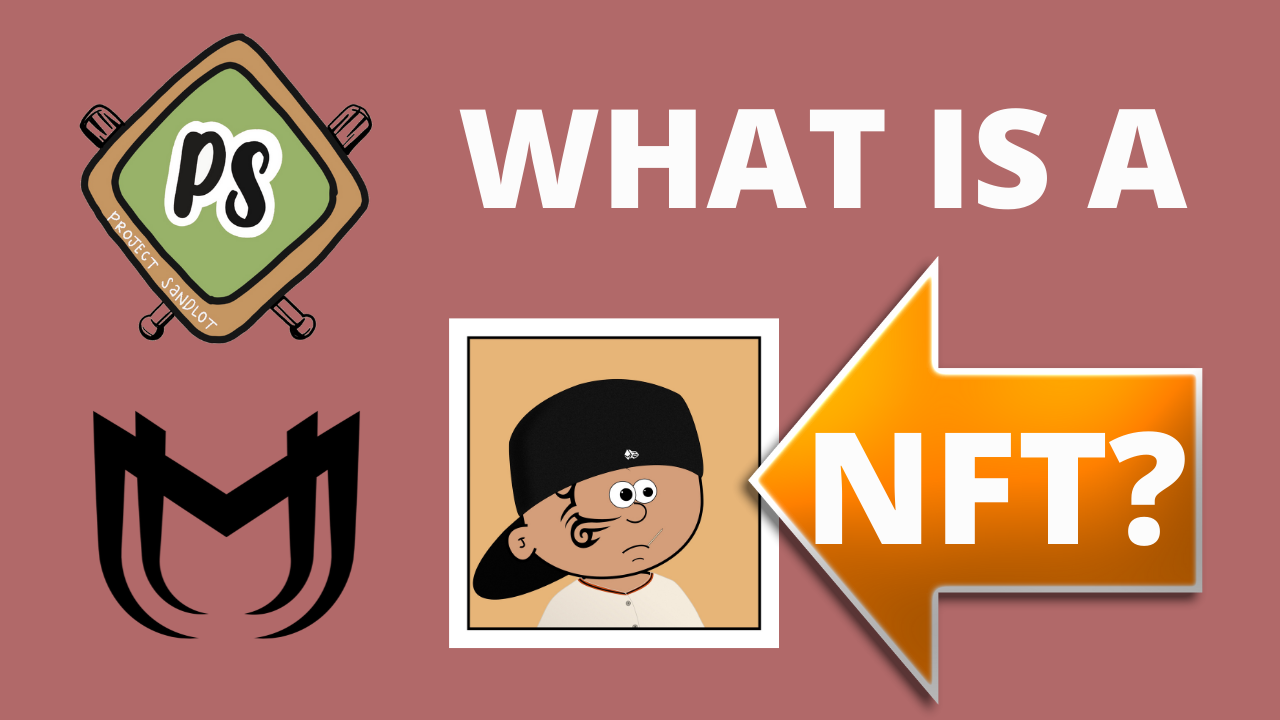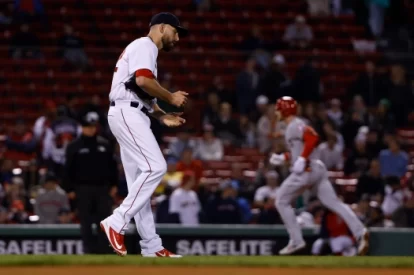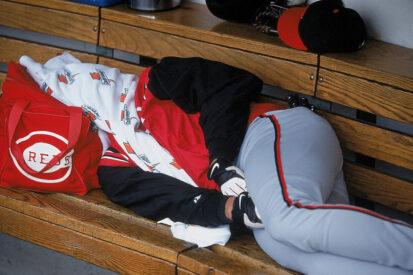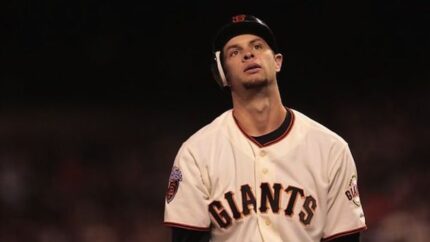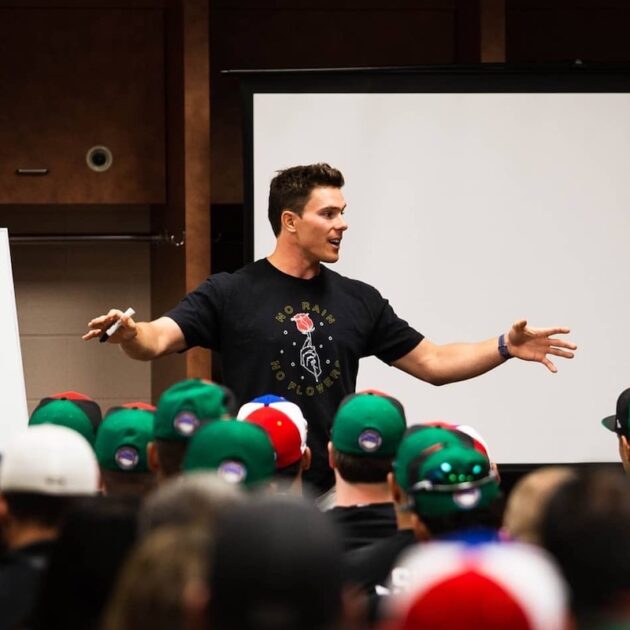Over the past decade, the realization of the behavioral and mental health crisis that so many people are going through in the United States has become more prevalent. Systemic problems to address the mental health needs of people across the U.S. have existed for decades, whether it is high levels of unmet need or inequities in access to care.
The COVID-19 Pandemic only exacerbated this with the creation of job loss, social isolation, stress, trauma, and many other triggers. According to one CDC report that surveyed adults across the U.S. in late June 2020, 31% of respondents reported symptoms of anxiety or depression, 13% reported having started or increased substance use, 26% reported stress-related symptoms, and 11% reported having serious thoughts of suicide in the past 30 days. The numbers are nearly double the rates that were seen before the pandemic.
Major League Problem
You may ask yourself, what does baseball have to do with mental health? In April 2021, Sports Illustrated highlighted the growing mental health crisis in Major League Baseball. Four players this year have already stepped away from the game for personal reasons and many more high-profile athletes have started to become more vocal about their current and past struggles with mental health. Drew Robinson survived a suicide attempt early last year and told his story on an ESPN E60 documentary, Kansas City Royals pitcher Danny Duffy has opened up about his battles with anxiety, bullying, and depression, and Arizona Diamondbacks relief pitcher Ryan Buchter discussed at length his struggles with drinking and depression. Andrelton Simmons, Ryan Sherriff, Chris Devenski, and many others have joined in on speaking out about their battles with mental health issues.
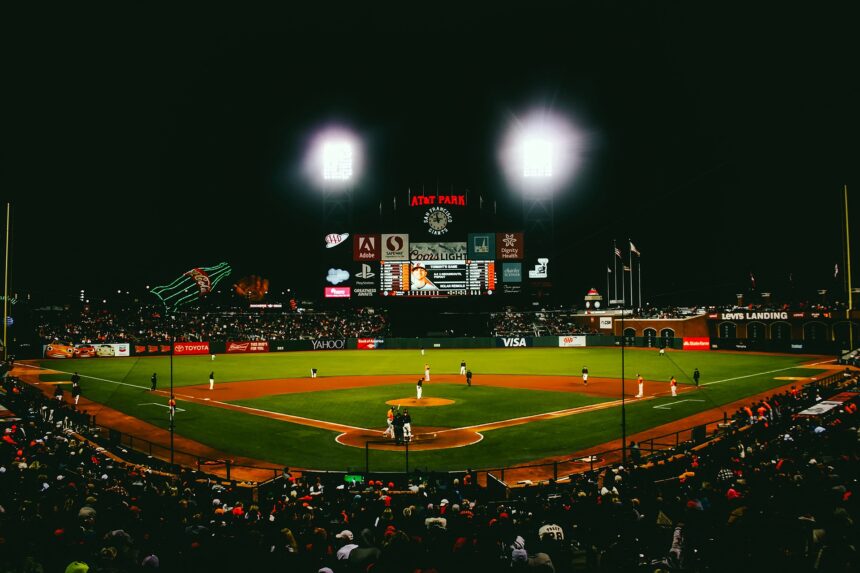
Buchter was quoted as saying “This game is failure. Failure surrounds us. It engulfs us. We’re reminded of it by fans, scoreboards, websites, coaches, talent evaluators and seemingly everyone else. Even when we’re really good. We’re failing more than succeeding”. I can’t imagine the feeling that you have to outperform everyone every single day, the anxiety and stress of wondering if you will be traded and have to move your entire family within a month to a new place, or the worry of losing your job because of one bad game or outing.
On top of that, you have the fan aspect of the game. It can be hard for a fan, or even someone within the game, to realize the constant pressure that comes with trying to be successful in the game of baseball. But players still have to deal with various social media platforms where fans have 24/7 access to them and can say whatever they like with no filter. Imagine getting daily notifications to your social media accounts with people criticizing your appearance, your performance, or who you are as a person.
What Can Be Done
All of these factors piled on top of each other can lead to a whirlwind of anxiety, depression, stress, etc. The game of baseball needs to improve how they address mental health issues within the game. The first step is increasing the support that they provide to their athletes. This could just be providing access to licensed and trained mental health providers or proactively letting their players know about resources available to help them. Mental skills on the field are important, but they don’t equate to having services and support for issues created by the game that come off the field.
As someone who has benefited more than ever from therapy, I understand the important role of having access to high-quality mental health care can be and how crucial it is to not feel like you should be ashamed of it. We have made progress as a society and in baseball on accepting and destigmatizing mental health issues, but we are a far cry from where we need to be. We shouldn’t take that to mean all hope is lost, but be proud of the progress and know that every single voice that speaks out pushes us further in the direction of destigmatizing mental health collectively for good. It will take a team, but working together we can win the battle.

